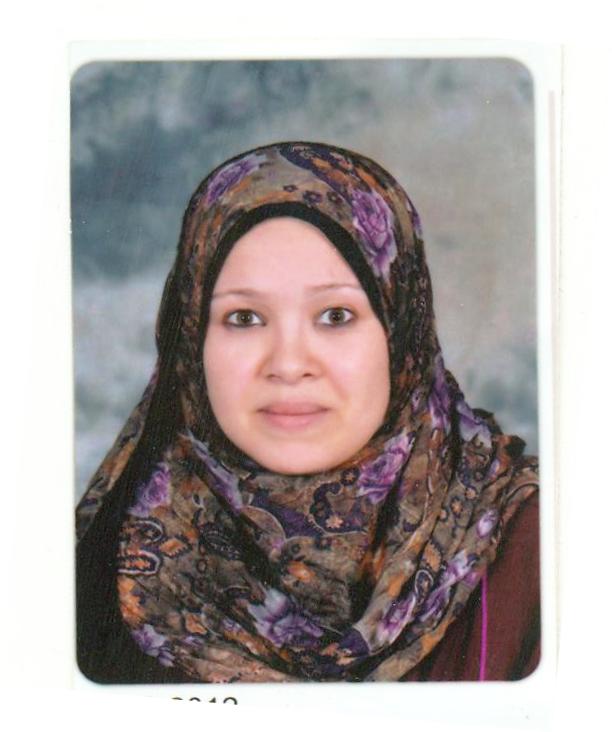Ewes in Sohag Governorate, Egypt are suffering from many infertility problems such as abortion, repeat breeder, anoestrus, cystic ovary and endometritis. The purpose of this study is to investigate reproductive problems that may occur in sheep at Sohag governorate, Egypt using pathological, bacteriological and serological examinations One hundred ewes slaughtered in abattoirs at Sohag Governorate, Egypt were included in this study. These animals were suffered from many infertility problems according to the owners complain, their age ranged from 3 to 6 years. Blood samples were collected from each animal before slaughtering for serological examination. After slaughtering, the genital tracts were collected and
examined grossly. Bacteriological swabs were taken from the lumen of the uterus and processed for bacteriological examination. Uterine samples were processed for histopathological examination. The uterine lesions were classified into 30 cases lymphoplasmocytic endometritis, 5 cases lymphoplasmocytic metritis, 18 cases acute catarrhal endometritis, 29 cases chronic catarrhal endometritis, one case fibrinonecrotic endometritis, 4 cases suppurative endometritis and 8 cases adenomyosis. Serological examination of blood samples and bacteriological examination of swabs of 60 cases indicated that, there are various species of bacteria were present and confirmed serologically positive for Brucella, Salmonella or toxoplasma. This examination revealed that Staph aureus which isolated from 2 cases (3.33%), Staph aureus with Streptococcus species isolated from 1 (1.66%) case, Streptococcus species was isolated from 3(5%) cases, Streptococcus isolated from 1(1.66%) case associated with serologically positive Brucella, Proteus species was isolated from 1 (1.66%) cases, E-coli were isolated from 1(1.66%) case associated with Salmonella species, Salmonella species was isolated and detected by widal test in 9 cases (15%), Salmonella species detected in association with toxoplasma antibodies in 1 (1.66%), toxoplasma antibodies were serologically detected also in another 6 cases (10%) and Brucella antibodies were serologically detected by rose Bengal test in association with toxoplasma antibodies in one case
(1.66%).

